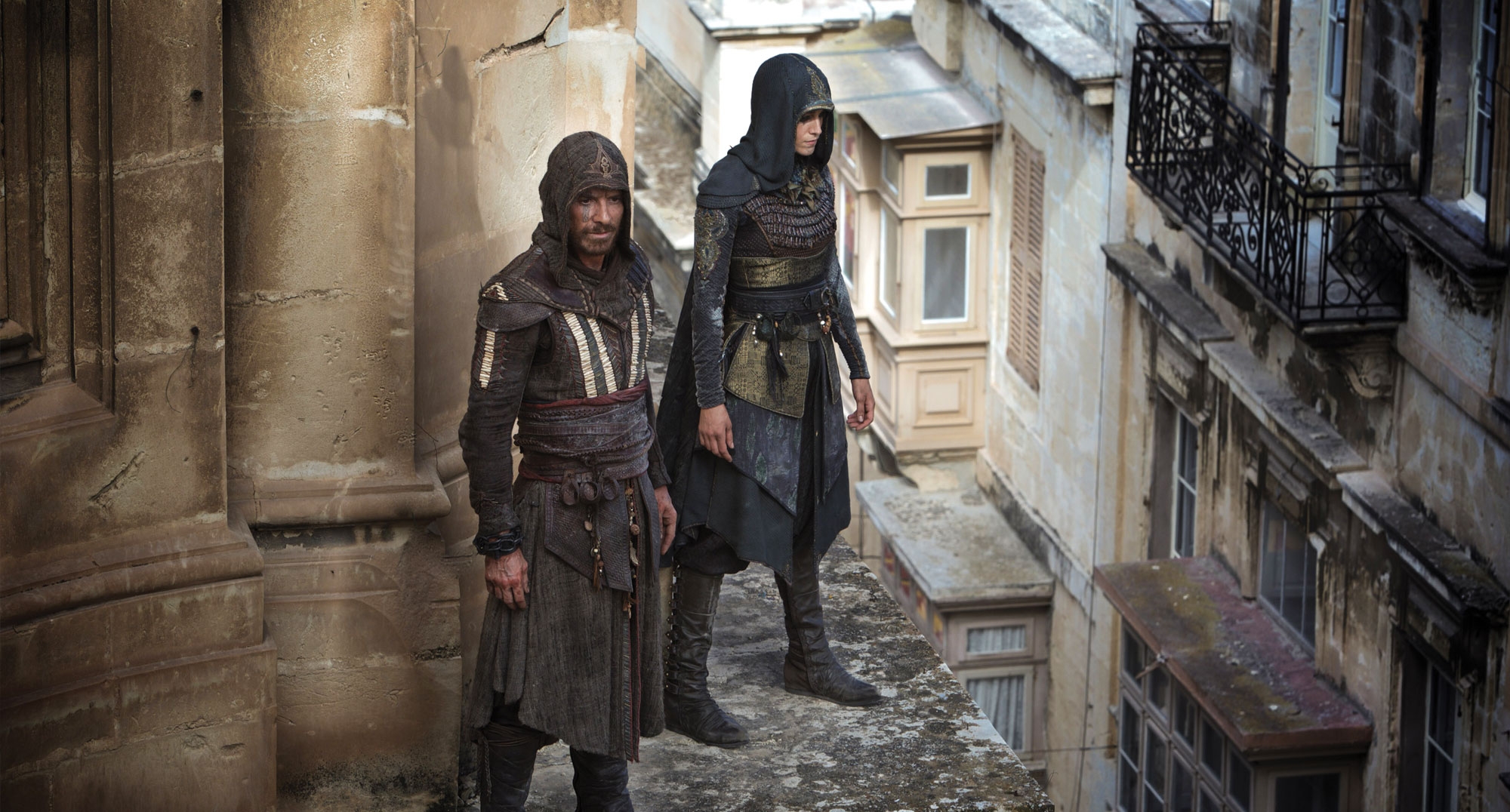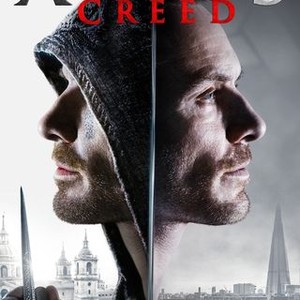Assassin’s Creed (2016)

In the realm where video games meet cinema, few titles have generated as much anticipation and scrutiny as “Assassin’s Creed” (2016), directed by Justin Kurzel. Based on the immensely popular video game series developed by Ubisoft, the film promised to blend historical adventure with cutting-edge action, all underpinned by the franchise’s intricate lore and philosophical themes.

The plot centers around Callum Lynch (played by Michael Fassbender), a career criminal who is sentenced to death but awakens to find himself in a mysterious facility operated by the modern-day Templar organization, Abstergo Industries. There, he discovers he is a descendant of Aguilar de Nerha, a 15th-century Spanish Assassin. Through a revolutionary technology called the Animus, which allows him to relive his ancestor’s memories, Lynch experiences Aguilar’s adventures during the Spanish Inquisition.

From the outset, “Assassin’s Creed” immerses viewers in a dual narrative that intertwines historical drama with contemporary conspiracy. The film deftly navigates between the rich tapestry of 15th-century Spain and the high-stakes machinations of Abstergo in the present day, crafting a narrative that seamlessly integrates action-packed sequences with philosophical reflections on free will, power, and the eternal struggle between Assassins and Templars.

Michael Fassbender delivers a compelling performance in the dual roles of Callum Lynch and Aguilar de Nerha. As Callum, Fassbender embodies a man grappling with his identity and purpose, torn between his criminal past and the revelations of his ancestral legacy. His portrayal of Aguilar is equally impressive, showcasing the Assassin’s blend of skill, conviction, and moral clarity in the face of oppression.
![Assassin’s Creed | Official Trailer [HD] | 20th Century FOX](https://i.ytimg.com/vi/xLBZ1_J1xvM/maxresdefault.jpg)
Thematically, “Assassin’s Creed” explores the concept of genetic memory and its implications for personal identity and collective history. The film raises thought-provoking questions about the influence of the past on the present, as well as the ethical dilemmas of accessing and manipulating ancestral memories for ideological gain. Through its intricate plot and character development, the film invites viewers to contemplate the nature of destiny and the enduring legacy of those who fight for freedom across generations.

Visually, “Assassin’s Creed” dazzles with its breathtaking cinematography and meticulously recreated historical settings. Director Justin Kurzel brings the vibrant streets of 15th-century Seville to life, capturing the beauty and brutality of the Spanish Inquisition with meticulous attention to detail. The film’s action sequences are choreographed with precision, blending parkour-inspired stunts with visceral combat to evoke the agility and stealth of the Assassins.
Furthermore, “Assassin’s Creed” delves into the philosophical underpinnings of the Assassin-Templar conflict, exploring themes of ideological warfare and the pursuit of power through clandestine means. The film’s antagonist, Alan Rikkin (played by Jeremy Irons), embodies the calculating ambition of the Templar Order, contrasting sharply with the moral clarity and resilience of the Assassins. This ideological clash forms the backbone of the narrative, driving the characters toward a climactic showdown that tests their convictions and allegiances.

In conclusion, “Assassin’s Creed (2016)” stands as a bold and ambitious adaptation of its video game source material, offering a cinematic journey that blends historical intrigue, philosophical depth, and pulse-pounding action. Through its dynamic performances, evocative visuals, and thought-provoking themes, the film captures the essence of the beloved franchise while carving out its own narrative identity.
Ultimately, “Assassin’s Creed” invites viewers on a thrilling exploration of history, identity, and the eternal struggle for freedom, making it a compelling addition to the pantheon of video game adaptations and action cinema.











